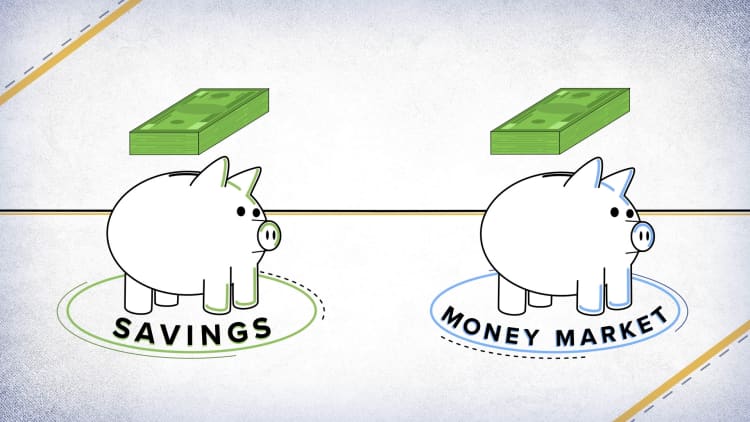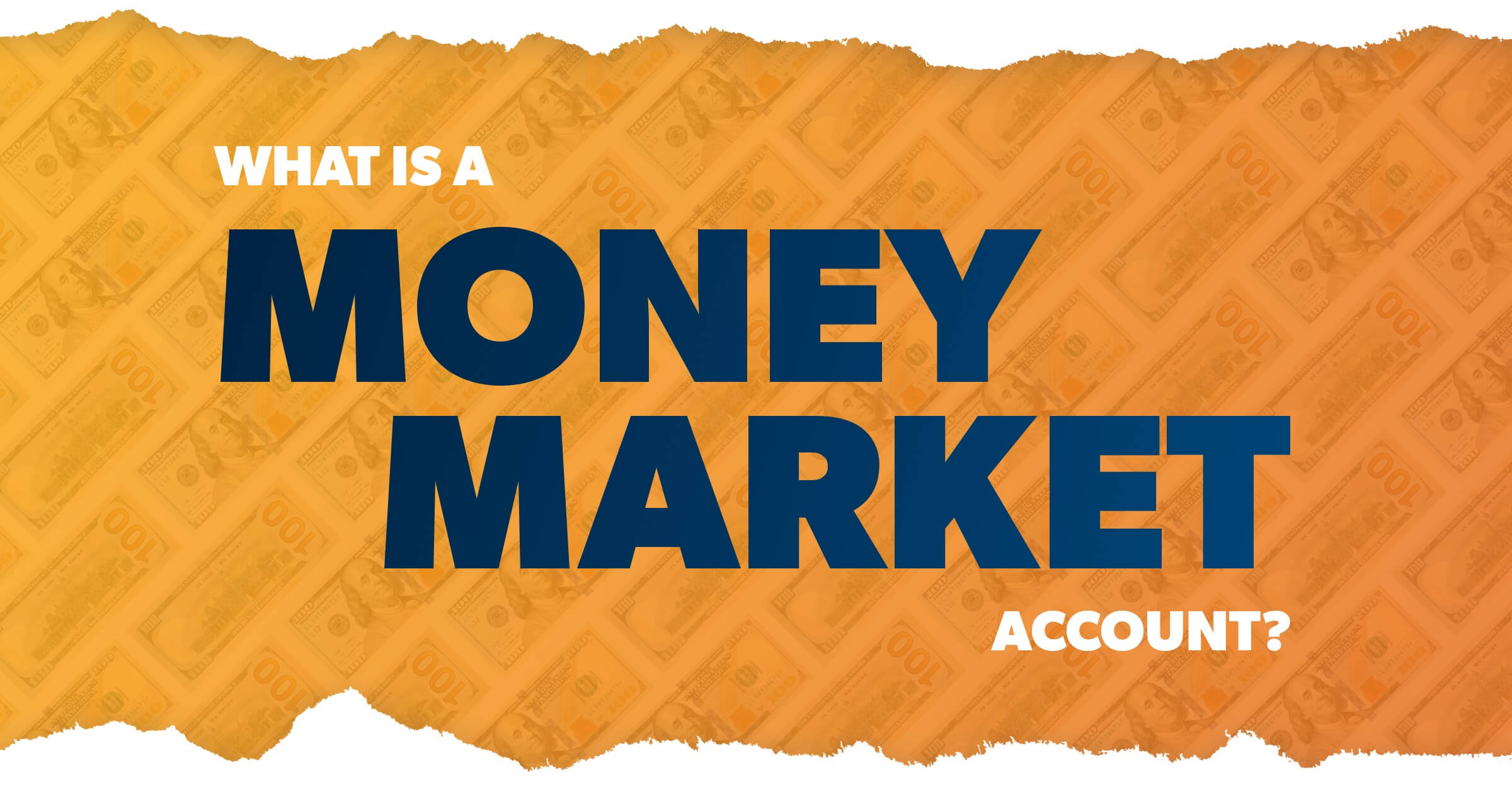A money market account (MMA), also known as a money market deposit account (MMDA), is an interest-bearing account offered by banks and credit unions. It combines the benefits and features of both savings and checking accounts. MMAs typically offer higher interest rates compared to regular savings accounts and may include check-writing and debit card privileges. However, they may also have certain restrictions that make them less flexible than regular checking accounts.
How Money Market Accounts (MMAs) Work
Money market accounts function as a hybrid between savings and checking accounts. They provide account holders with the ability to earn interest on their balances while offering features such as debit cards and check-writing capabilities. The interest rates on MMAs are usually higher than those on regular savings accounts, and they may fluctuate with market conditions.
To open an MMA, banks often require a minimum initial deposit, and account holders must maintain a certain balance to avoid service charges. MMAs are best suited for short-term financial goals rather than long-term planning, making them ideal for saving up for specific purchases or building emergency funds.
History of Money Market Accounts (MMAs)

Money market accounts have an interesting history. In the past, there were caps on the interest rates that banks and credit unions could offer on savings accounts. To compete with money market mutual funds, financial institutions started offering incentives like small appliances to attract deposits. However, in 1982, the Garn-St. Germain Depository Institutions Act was passed, allowing banks and credit unions to offer money market accounts with higher interest rates.
Advantages and Disadvantages of Money Market Accounts (MMAs)
Like any financial product, money market accounts have their pros and cons. One of the advantages of MMAs is that they typically offer higher interest rates compared to regular savings accounts. They also provide check-writing and debit card privileges, making them more convenient for day-to-day transactions. Additionally, MMAs are federally insured by the FDIC (for banks) or NCUA (for credit unions), providing account holders with peace of mind.
However, MMAs also have some potential disadvantages. They may have limited transactions, fees, and minimum balance requirements. Some banks may impose restrictions on how MMAs can be used, so it’s essential to understand the rules of your specific account.
Money Market Accounts (MMAs) vs. Savings Accounts
Money market accounts often provide higher interest rates compared to regular savings accounts. This is because MMAs are allowed to invest in certificates of deposit (CDs), government securities, and commercial paper, which savings accounts cannot do. The interest rates on MMAs are variable and can fluctuate with inflation. Many MMAs also offer check-writing privileges and debit cards, similar to regular checking accounts.
Money Market Accounts (MMAs) vs. Checking Accounts
Money market accounts and checking accounts share some similarities. Both types of accounts allow for unlimited deposits, and some MMAs even offer debit cards and check-writing capabilities. However, there may be limitations and restrictions on how MMAs can be used, so it’s crucial to check with your financial institution for specific rules.
Money Market Accounts (MMAs) vs. Mutual Funds

Money market mutual funds, offered by brokerage firms and mutual fund companies, are not FDIC- or NCUA-insured like MMAs. However, they are considered low risk because they invest in safe short-term assets such as CDs, government securities, and commercial paper. Money market accounts and money market mutual funds both offer quick access to cash, but they may have different withdrawal restrictions and return rates.
Alternatives to Money Market Accounts (MMAs)
While money market accounts provide certain benefits, there are alternative accounts that may better suit your needs. Passbook savings accounts are similar to MMAs but typically have no initial deposit or minimum balance requirements. High-yield savings accounts may offer better interest rates than MMAs. Regular checking accounts provide unlimited transactions but have low to no interest rates. High-yield or high-interest checking accounts offer competitive interest rates but may have more requirements. Rewards checking accounts provide bonuses and rewards but often come with high fees. Certificates of deposit (CDs) offer fixed durations and higher interest rates but have penalties for early withdrawals.
Frequently Asked Questions (FAQs)

-
Are Money Market Accounts Safe? Money market accounts at banks are insured by the FDIC, while those at credit unions are insured by the NCUA. Depositors are insured up to $250,000 per depositor per bank. If you want to insure more than $250,000, consider opening accounts at multiple banks or credit unions.
-
What Are the Benefits of Money Market Accounts? Some benefits of MMAs include higher interest rates, insurance protection, check-writing privileges, and debit card access. MMAs offer competitive interest rates by investing in various financial instruments.
-
What Are the Disadvantages of MMAs? Potential disadvantages include limited transactions, fees, withdrawal restrictions, and minimum balance requirements. MMAs may not offer the highest interest rates available, and there may be alternative accounts that better suit your needs.
